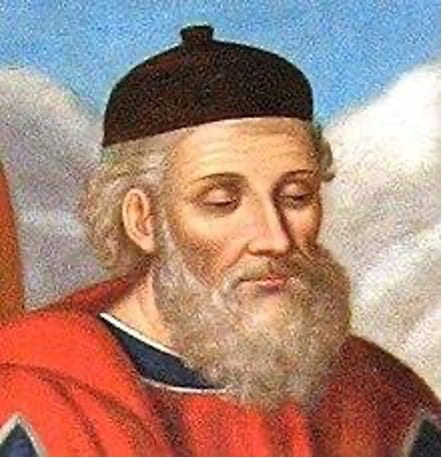Magic, Religion, and Social Stigma
By Fiona Green
James Frazer, a visionary classicist and anthropologist, reshaped the academic landscape with his profound insights in the late nineteenth and early twentieth centuries (Segal, 1). In his book The Golden Bough, Frazer proposed a conception of the distinction between magic and religion. Magic, he argued, was akin to science because it trusted in fundamental laws which governed the world and could be used to one’s advantage if one knew how to manipulate them. A magician uses these laws to compel gods and supernatural beings, whereas religion consists of “a belief in powers higher than man and an attempt to propitiate or please them” (Frazer, 50). Thus, for Frazer, religion consists of submitting to and persuading supernatural beings…









